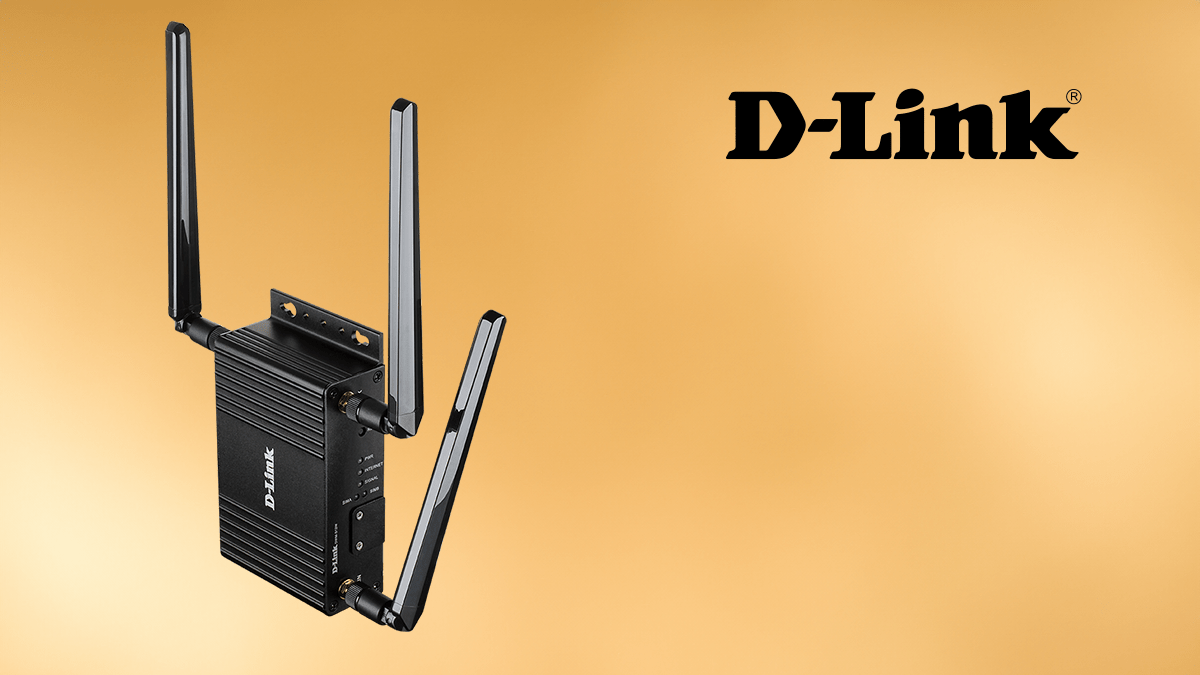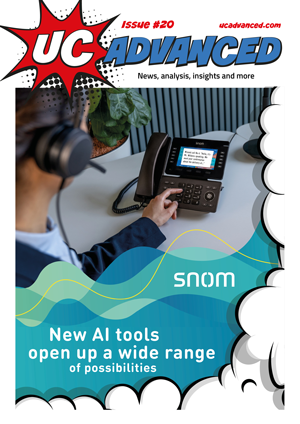Alan Jones, Marketing Manager at D-link, explains the advantages of M2M solutions.
In the landscape of Industry 4.0, the Internet of Things (IoT) and emerging smart cities and buildings, the demand for robust, reliable and scalable machine-to-machine (M2M) communication solutions is increasingly critical.
At the forefront of this technological shift, a range of 4G and 5G M2M solutions are making waves designed to empower industries, enhance smart city infrastructures, and streamline IoT deployments across various sectors.
These M2M offerings include an extensive selection of industrial-grade 4G and 5G routers, supported by an optional cloud management platform for efficient deployment and monitoring.
Leveraging the capabilities of 4G and 5G networks, these solutions enable secure, two-way, and redundant data transmission between control centres and remote devices. The cloud platform serves as an intuitive tool for administrators, facilitating the seamless management of all remote M2M routers.
These M2M solutions find application across a broad spectrum of industries, including manufacturing, logistics, vehicle systems, security, robotics, billing, remote surveillance, utilities, telehealth, and traffic management.
These solutions offer several key advantages, such as constant internet connectivity, reliable and stable connections, broadband access at a lower cost, and support for multi-SIM configurations. This ensures uninterrupted service, secure VPN connections, industrial-grade durability, remote management capabilities, GPS tracking, Wi-Fi connectivity, and WAN fault tolerance.
These M2M routers are designed to meet the challenges posed by the digital transformation of industries and public administrations. They provide an effective response to the high-speed connectivity needs in scenarios where traditional internet connections are unavailable or insufficient. For instance, IoT and smart city applications, which typically require minimal bandwidth, can significantly benefit from the low-cost deployment and maintenance facilitated by these routers.
Proving the Point
Highlighted case studies illustrate the practical applications and benefits of these M2M solutions, including ensuring uninterrupted WAN connectivity with WAN backup and load balancing, automatic WAN-to-mobile failover for continuous service, and automatic mobile-to-mobile switching for fault tolerance. A notable example is the deployment of M2M VPN Routers in trains to maintain connectivity in tunnels and areas with low coverage, demonstrating the solutions’ suitability for challenging environments.
The end-to-end solution offers cloud-based management of 4G and 5G cellular infrastructure, providing comprehensive control over multi-site devices. It eliminates technical constraints associated with cellular networks, offering benefits like automated zero-touch provisioning, unlimited scalability, and detailed supervision through dashboards and statistics.
This cloud management platform underscores the ease of deployment, robust automation, and minimal downtime, making these M2M solutions a turnkey solution for businesses navigating the complexities of modern connectivity requirements.
Meeting the Challenge
In conclusion, the 4G and 5G M2M solutions represent a significant advancement in the field of industrial connectivity, offering scalable, secure, and efficient communication pathways for a myriad of applications. As industries continue to evolve towards more data-driven operations, the importance of reliable M2M communication cannot be overstated.
This comprehensive suite of products and services ensures that businesses can meet the challenges of Industry 4.0, IoT, and smart city initiatives head-on, paving the way for a more connected and efficient future.










